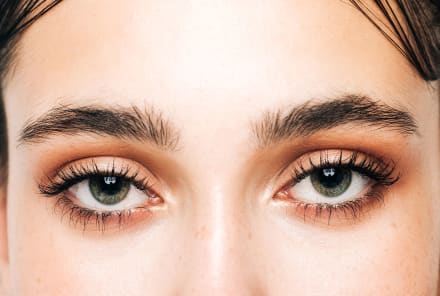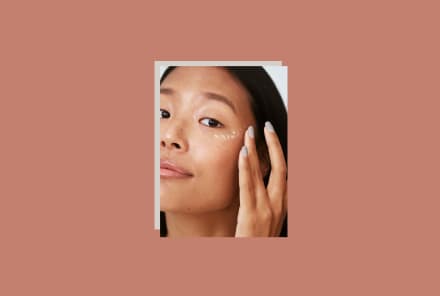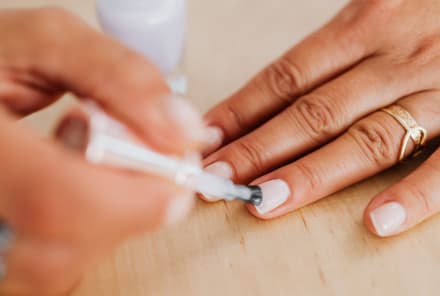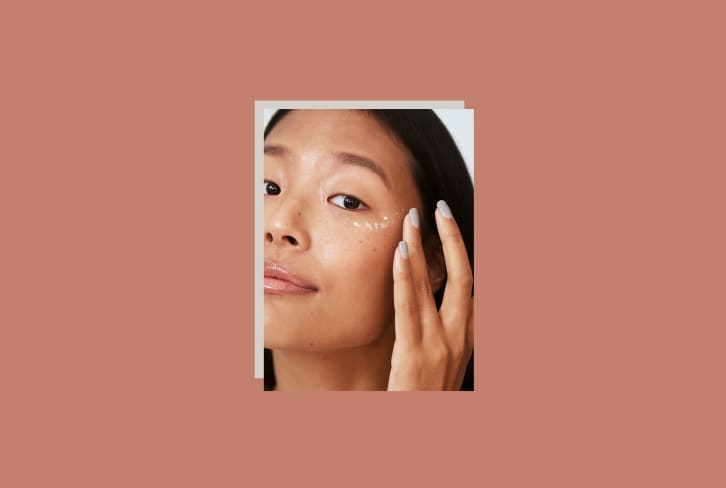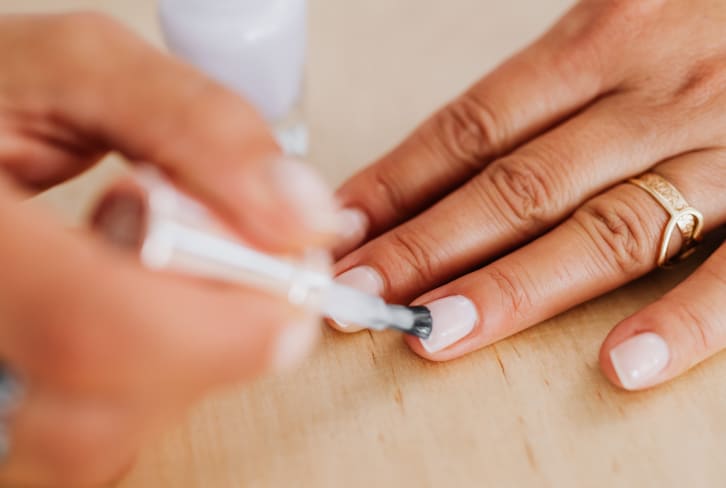Advertisement
Why A Cosmetic Chemist Wants You To Think About Skin Epigenetics

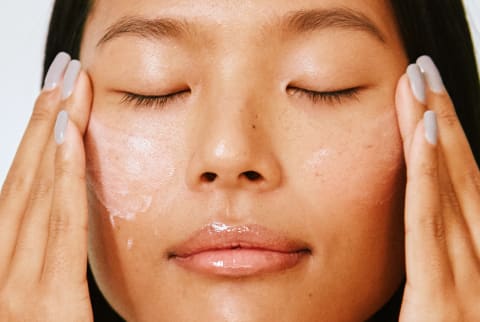
As the CDC puts it, "Epigenetics1 is the study of how your behaviors and environment can cause changes that affect the way your genes work." Most often, we use epigenetics to discuss physical health. For example, how diet affects cardiovascular disease risk across generations.
But according to cosmetic chemist and founder of Australian luxury beauty brand Rationale Richard Parker, the topic of epigenetics applies to skin health too.
Parker believes the key to building a personalized skin care routine is to take genetic and environmental factors like sunlight, pollution, temperature, and stress into account—not just following the latest trends or binary skin types.
To come, three simple tips to get started on your personalized beauty journey:
Assess your exposure to pollution
Let's rip off the Band-Aid and start with a topic nobody wants to even think about: pollution and skin health.
Pollution can harm your complexion because of the free-radical damage it causes. As a quick refresher, free radicals are molecules that are missing an electron, making them unstable, which can lead to DNA damage in your skin. This may manifest as accelerated skin aging, increased pore size, texture, etc.
So when you apply antioxidants (or ingest, but that's an entirely different topic, which you can learn about here), they stabilize free radicals by donating an electron. Or they might make free radicals harmless by breaking them down. And what's even more impressive is that antioxidants don't turn into free radicals themselves after giving away an electron.
Now antioxidants in skin care come with many benefits, so they're worth using for everyone. But, for city folk exposed to even more free radicals on a daily basis, they just may be an essential step.
What's more, those concerned about pollution can look for antioxidant support in every step of their routine from serums to moisturizers to SPF and beyond. Here, a list of powerhouse vitamin C serums packed with antioxidants to get you started.
Take climate into account
Climate has an undeniable impact on skin health and, as Parker believes, relocating from where your ancestors originated is a missing part of this conversation.
For example, if your ancestors are from a very cold and cloudy climate and never wore sunscreen, that doesn't mean you, living in a sunny tropical destination, should do the same.
A similar sentiment applies to skin hydration. If you come from a long line of ancestors who lived in super humid and sunny tropical climates, your skin may not be as equipped to deal with super-dry, cold air.
When building your routine, consider climate a major factor. If you know your skin struggles in dry weather, do what you can topically (opting for thicker barrier creams) to prevent your skin from becoming flaky and irritated.
For those who burn easily, make SPF an even bigger priority by reapplying throughout the day or wearing a higher SPF like 45 or 50 daily rather than SPF 15 or 20.
The goal is to build a routine that takes your climate into account, not just your skin type. For some, this could even mean shifting your beauty routine as the seasons change too.
View skin care as a part of your larger lifestyle
During our conversation about skin epigenetics, Parker routinely brought up factors like nutrition and exercise, suggesting that they both should be considered a part of skin care too.
The more you focus on lifestyle factors that aren't product-based (sleep, food, stress), the more likely you are to see lasting results from those products you do try.
This isn't to say you can alter your predisposition to eczema by working out in a certain way or eating specific foods. But, you can support inflammation and hydration through skin-boosting foods, which can in turn help you decrease the risk of combating skin concerns you're predisposed to.
When pursuing disease prevention for health, you don't always see the results as much as you'd like to. But you know that exercising often, eating nutrient-rich foods, and managing stress will do your body a favor in the long run.
However, Parker says, "The amazing thing about skin epigenetics is that we can see it working."
The takeaway
Parker believes the key to building a personalized skin care routine is to consider factors like pollution, climate, and general lifestyle rather than just focusing on fleeting beauty trends. This way, you're contributing to a routine that has longevity and is more attuned to your skin concerns and predispositions. Here, more tips to help you build a routine you love.
Watch Next
Enjoy some of our favorite clips from classes
Enjoy some of our favorite clips from classes
What Is Meditation?
Mindfulness/Spirituality | Light Watkins
Box Breathing
Mindfulness/Spirituality | Gwen Dittmar
What Breathwork Can Address
Mindfulness/Spirituality | Gwen Dittmar
The 8 Limbs of Yoga - What is Asana?
Yoga | Caley Alyssa
Two Standing Postures to Open Up Tight Hips
Yoga | Caley Alyssa
How Plants Can Optimize Athletic Performance
Nutrition | Rich Roll
What to Eat Before a Workout
Nutrition | Rich Roll
How Ayurveda Helps Us Navigate Modern Life
Nutrition | Sahara Rose
Messages About Love & Relationships
Love & Relationships | Esther Perel
Love Languages
Love & Relationships | Esther Perel

